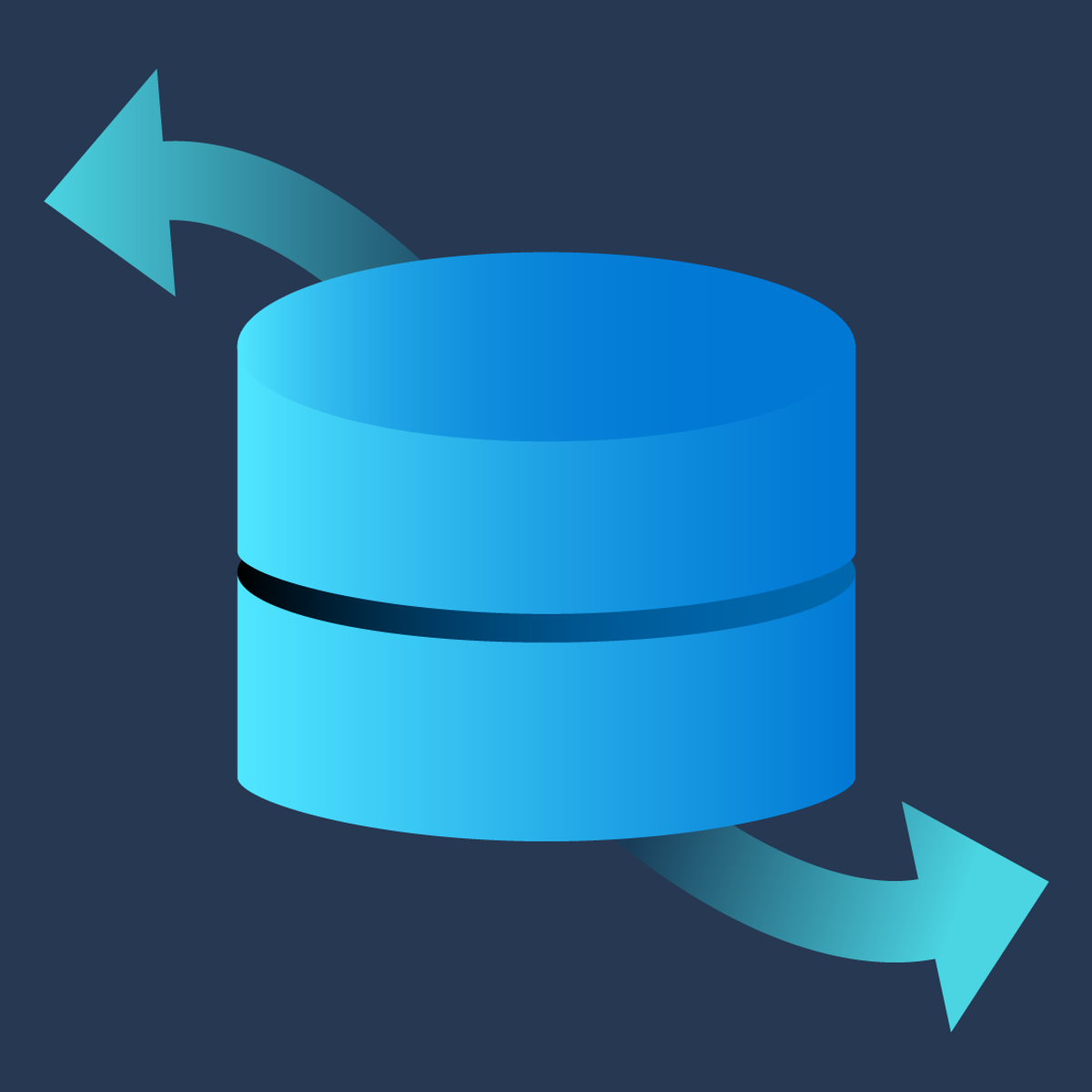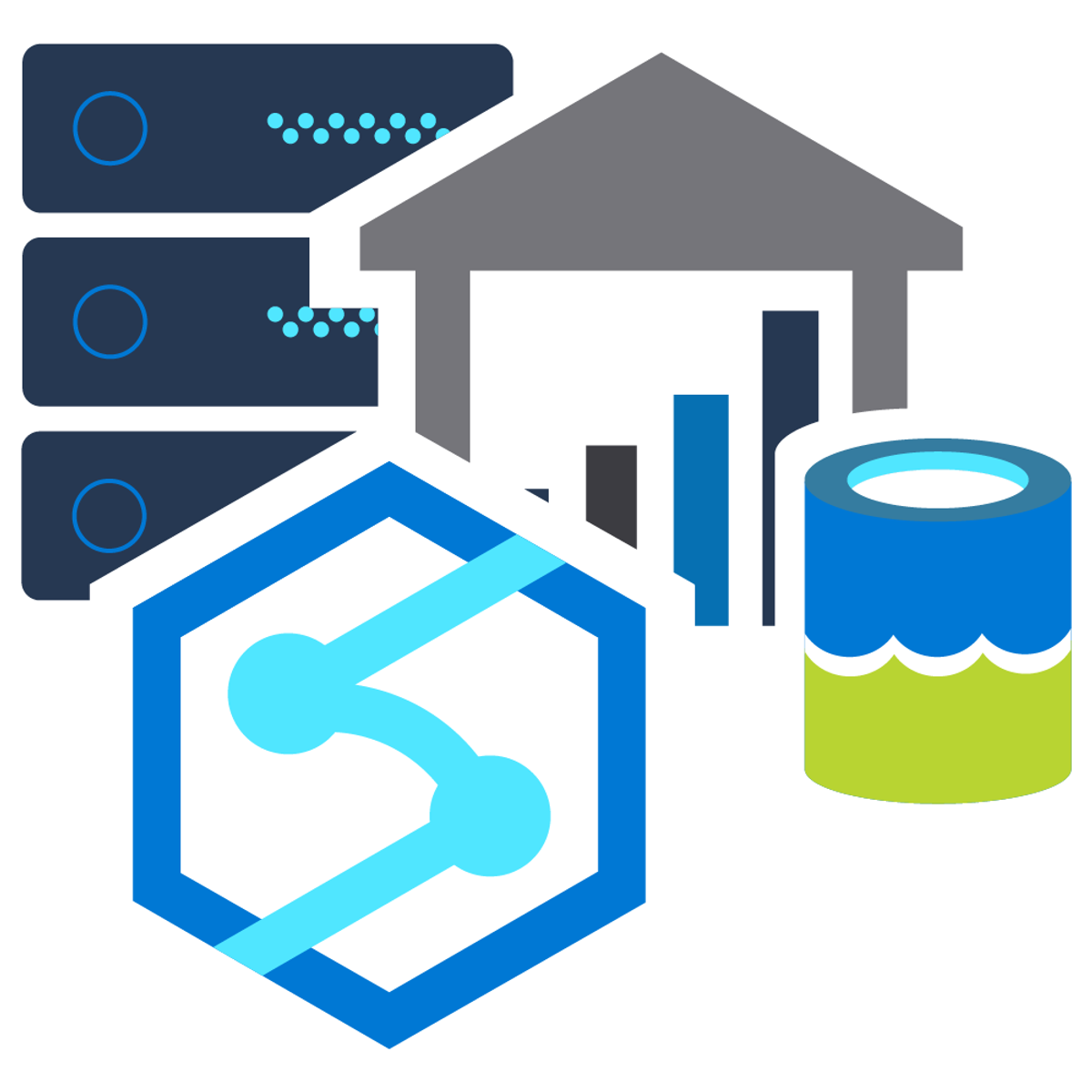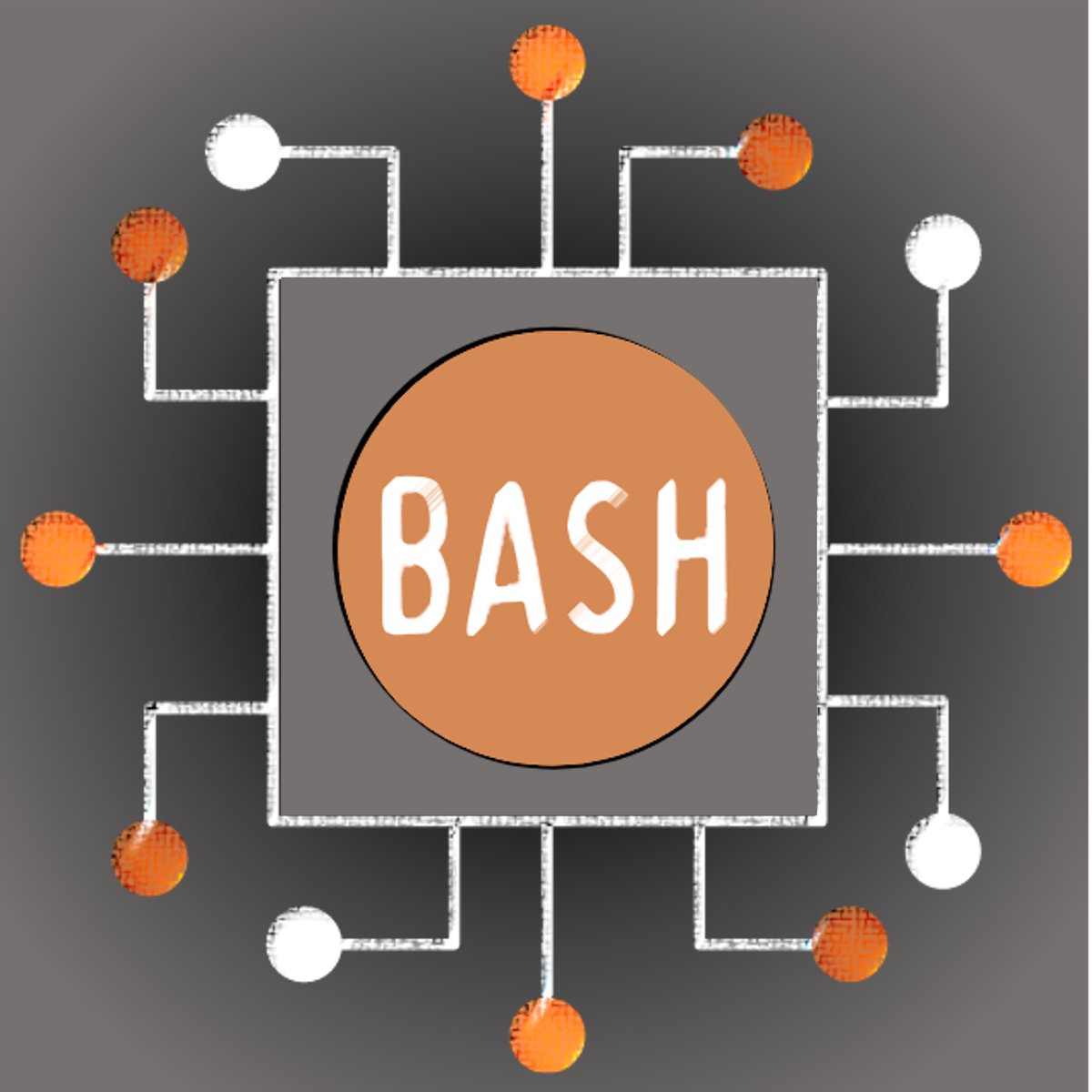Back to Courses









Information Technology Courses - Page 68
Showing results 671-680 of 1471

Create a Virtual Machine Using AWS EC2
By the end of this project, you will have successfully set up two virtual machines using Amazon Web Services and tested a Linux-based virtual machine. Virtual machines are industry standard in productivity and cost-efficiency. The skill required in creating and launching virtual machine instances provides the foundation to understand and implement Infrastructure-as-a-Service (IaaS) solutions.
Note: This course works best for learners who are based in the North America region. We’re currently working on providing the same experience in other regions.

Data Storage in Microsoft Azure for Associate Developers
Azure provides a variety of ways to store data: unstructured, archival, relational, and more. In this course, you will learn the basics of storage management in Azure, how to create a Storage Account, and how to choose the right model for the data you want to store in the cloud.
This course part of a Specialization intended for Data engineers and developers who want to demonstrate their expertise in designing and implementing data solutions that use Microsoft Azure data services anyone interested in preparing for the Exam DP-203: Data Engineering on Microsoft Azure (beta).
This is the second in a program of 10 courses to help prepare you to take the exam so that you can have expertise in designing and implementing data solutions that use Microsoft Azure data services. The Data Engineering on Microsoft Azure exam is an opportunity to prove knowledge expertise in integrating, transforming, and consolidating data from various structured and unstructured data systems into structures that are suitable for building analytics solutions that use Microsoft Azure data services. Each course teaches you the concepts and skills that are measured by the exam.
By the end of this Professional Certificate program, you will be ready to take and sign-up for the Exam DP-203: Data Engineering on Microsoft Azure (beta).

Introduction to Microsoft Azure Synapse Analytics
In this course, you will learn how Azure Synapse Analytics enables you to perform different types of analytics through its’ components that can be used to build Modern Data Warehouses through to advanced analytical solutions. You will learn how Azure Synapse Analytics solves the issue of having a single service to fulfill the broad range of analytics requirements that organizations face today and take a tour of the core application used to interact with the various components of Azure Synapse Analytics. You will learn the various components of Azure Synapse Analytics that enable you to build your analytical solutions in one place.
This course is part of a Specialization intended for Data engineers and developers who want to demonstrate their expertise in designing and implementing data solutions that use Microsoft Azure data services for anyone interested in preparing for the Exam DP-203: Data Engineering on Microsoft Azure (beta).
This is the fourth course in a program of 10 courses to help prepare you to take the exam so that you can have expertise in designing and implementing data solutions that use Microsoft Azure data services. The Data Engineering on Microsoft Azure exam is an opportunity to prove knowledge expertise in integrating, transforming, and consolidating data from various structured and unstructured data systems into structures that are suitable for building analytics solutions that use Microsoft Azure data services. Each course teaches you the concepts and skills that are measured by the exam.
By the end of this Specialization, you will be ready to take and sign-up for the Exam DP-203: Data Engineering on Microsoft Azure (beta).

Linux and Bash for Data Engineering
In this second course of the Python, Bash and SQL Essentials for Data Engineering Specialization, you will learn the fundamentals of Linux necessary to perform data engineering tasks. Additionally, you will explore how to use both Bash and zsh configurations, and develop the syntax needed to interact and control Linux. These skills will allow you to manage and manipulate databases in a Bash environment.

Building No-Code Apps with AppSheet: Foundations
In this course you will learn the fundamentals of no-code app development and recognize use cases for no-code apps. The course provides an overview of the AppSheet no-code app development platform and its capabilities. You learn how to create an app with data from spreadsheets, create the app’s user experience using AppSheet views and publish the app to end users.

Advanced Information Literacy
This course is designed to build upon a learner's search skills and expertise in the information literacy concepts that underpin scholarship at college or university. This badge incentivizes them to continue improving their information literacy competencies over their academic and workplace career. By participating in this course, one can use these advanced search skills to save time conducting literature reviews, efficiently gather and organize information, ethically use sources, and protect their own intellectual property.
Learners will work independently on a topic of their choosing and receive feedback from their peers throughout the process. The modules build on each other and provide learners with a framework (project outline). The final project is disseminated as a digital object that exemplifies the learner’s status as an emerging scholar or professional.
The modules are self-paced, the estimated completion time for each module is 2 hours. The content within each module can be paused at any time, with the exception of the quiz at the end of each module.
In addition to earning a certificate from Coursera for this course, you'll also receive a Micro-Credential Digital Badge from the University at Buffalo, the State University of New York recognizing your accomplishment. Use your verified digital badge to promote your achievement online, and access job insights related to your new skills. Upon completion of each individual course and the complete Specialization, you will receive an email from Coursera with directions on how to claim your badge. Payment or participation through an official Coursera promotional offer is required to have full access to the course and to qualify for the Coursera Certificate and Digital Badge.

Jenkins : Automating your delivery pipeline
Welcome to "Jenkins: Automating your delivery pipeline".
In this guided project you will learn how to create a delivery pipeline for a Spring Pet Clinic application and will also learn the concept pipeline as a code. The task-based approach that we follow in our guided project will get you a better understanding of Jenkins that comes very handy while working on your real-life project. . Most importantly you will leave this course with more confidence that will get you to work in Jenkins platform more efficiently.
Good luck as you get started, and I hope you enjoy the course!
Happy learning !!!!!

Troubleshooting and Debugging Techniques
In this course, we'll give you the tools to quickly identify and solve real-world problems that you might come across in your IT role. We'll look at a bunch of different strategies and approaches for tackling the most common pitfalls of your code and IT infrastructure. You'll learn strategies for approaching almost any technical problem and then see how those apply to solving different real-world scenarios.
We picked examples that include general system issues, issues with software that someone else wrote, and issues with programs that we wrote. We'll talk about problems that can affect any operating system, and we'll also look at challenges specific to certain platforms and scripting languages.
We strongly recommend that you’ve taken the prior courses in this program, or already have knowledge of Python and Linux so that you can follow along with our troubleshooting examples.

Planning, Auditing and Maintaining Enterprise Systems
Good system management not only requires managing the systems themselves, but requires careful planning to make systems interact with each other, auditing of the systems once the systems are built, and proactive maintenance of all systems. Organizations also rely on organizational policies, such as Acceptable Use Policies to bolster the technical aspect of system management.
This course explores many of the behind the scenes requirements of good system management. The first half of the course covers how to build security into system management process and the organization policies necessary for any enterprise to follow. The latter half of the course focuses on auditing and maintenance of systems once they have been designed, and implemented.
By the end of the course you should be able to design and construct organizational policies based on a set of requirements, audit a system based on those requirements, and make sure systems adhere technically to the set of requirements.

Build a Two Screen Flutter Application
This is a self-paced lab that takes place in the Google Cloud console. In this lab you will build simple two page app that demonstrates the basics of Flutter. At the end of this lab you will have a simple application that demonstrates why Flutter is so popular with developers.
Popular Internships and Jobs by Categories
Browse
© 2024 BoostGrad | All rights reserved


